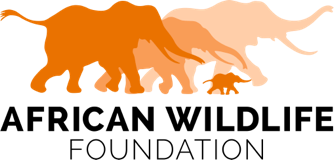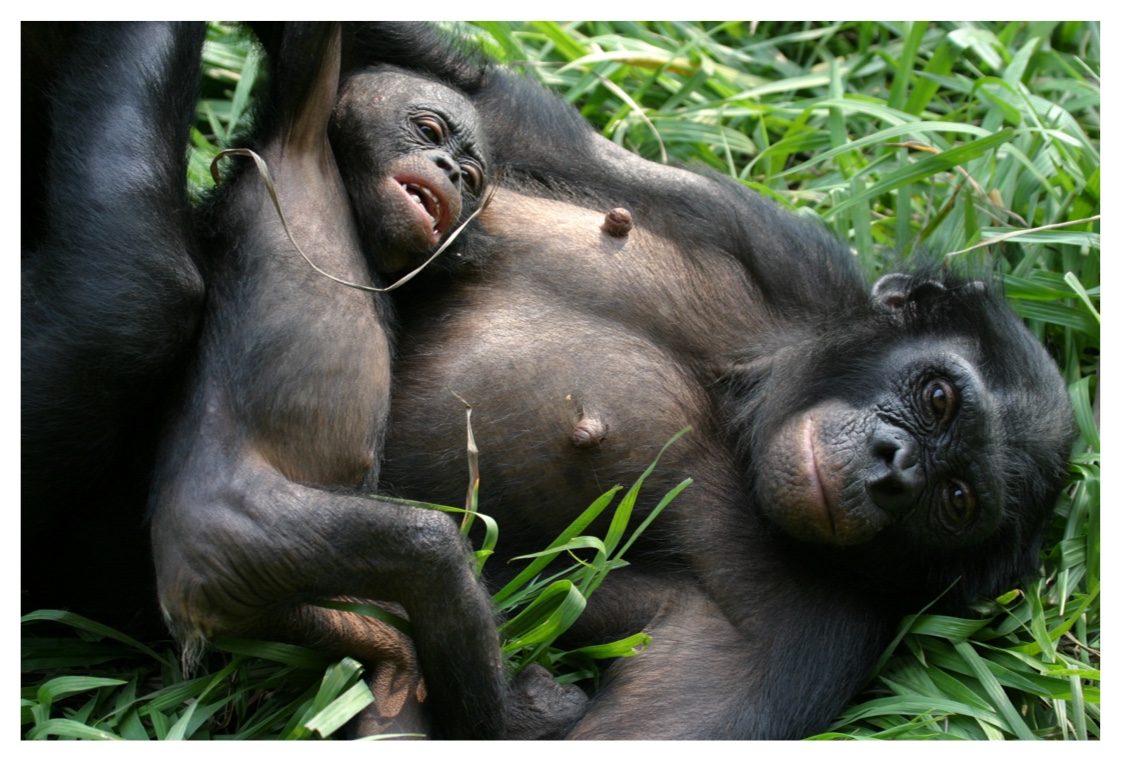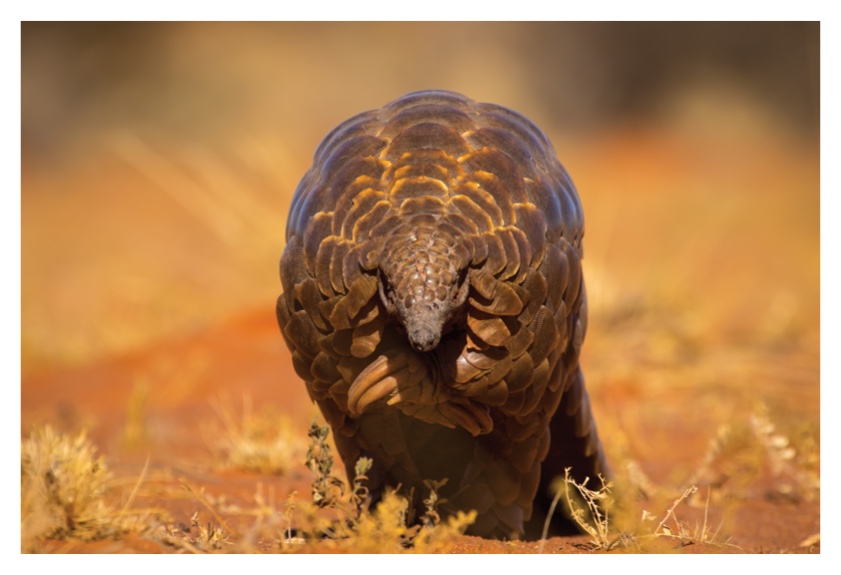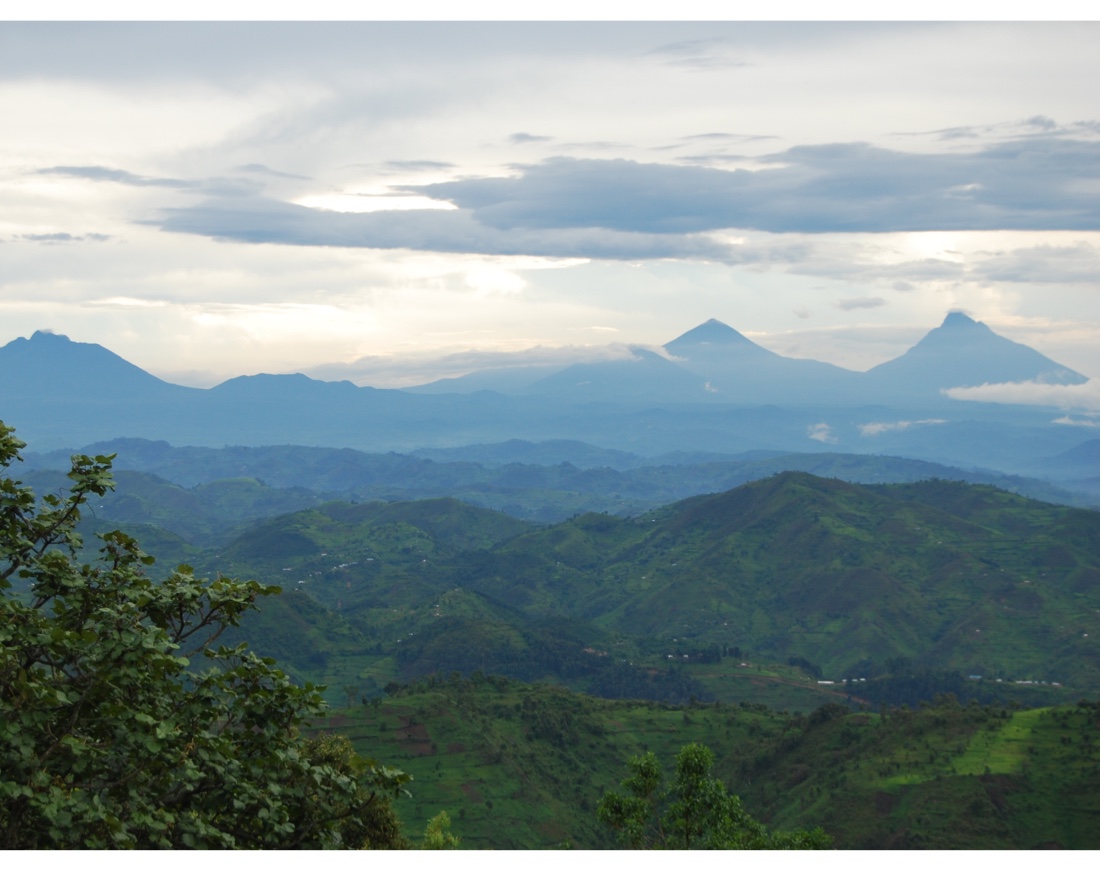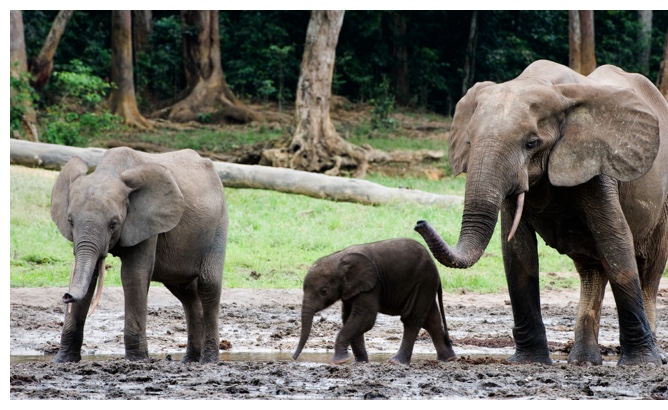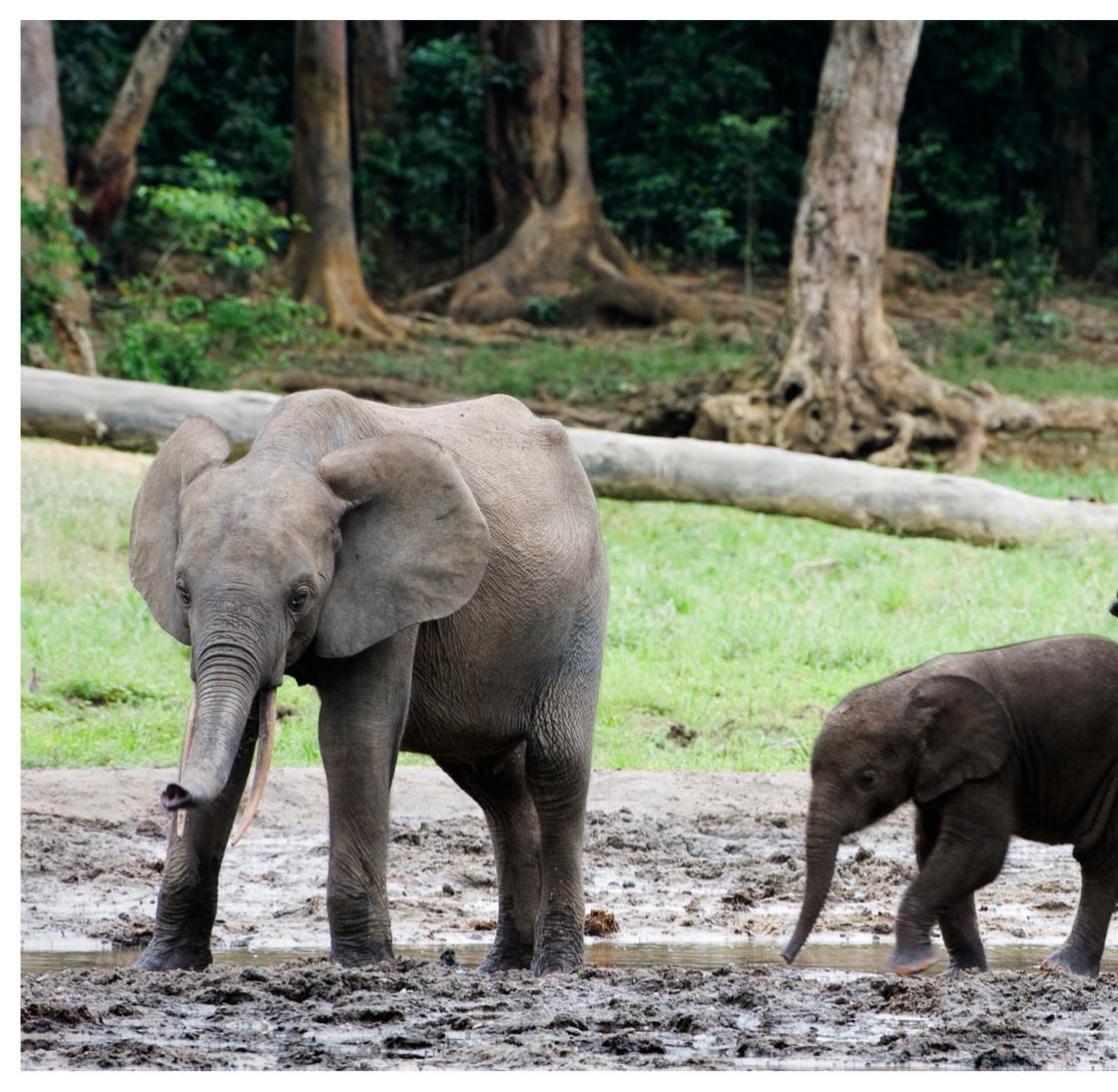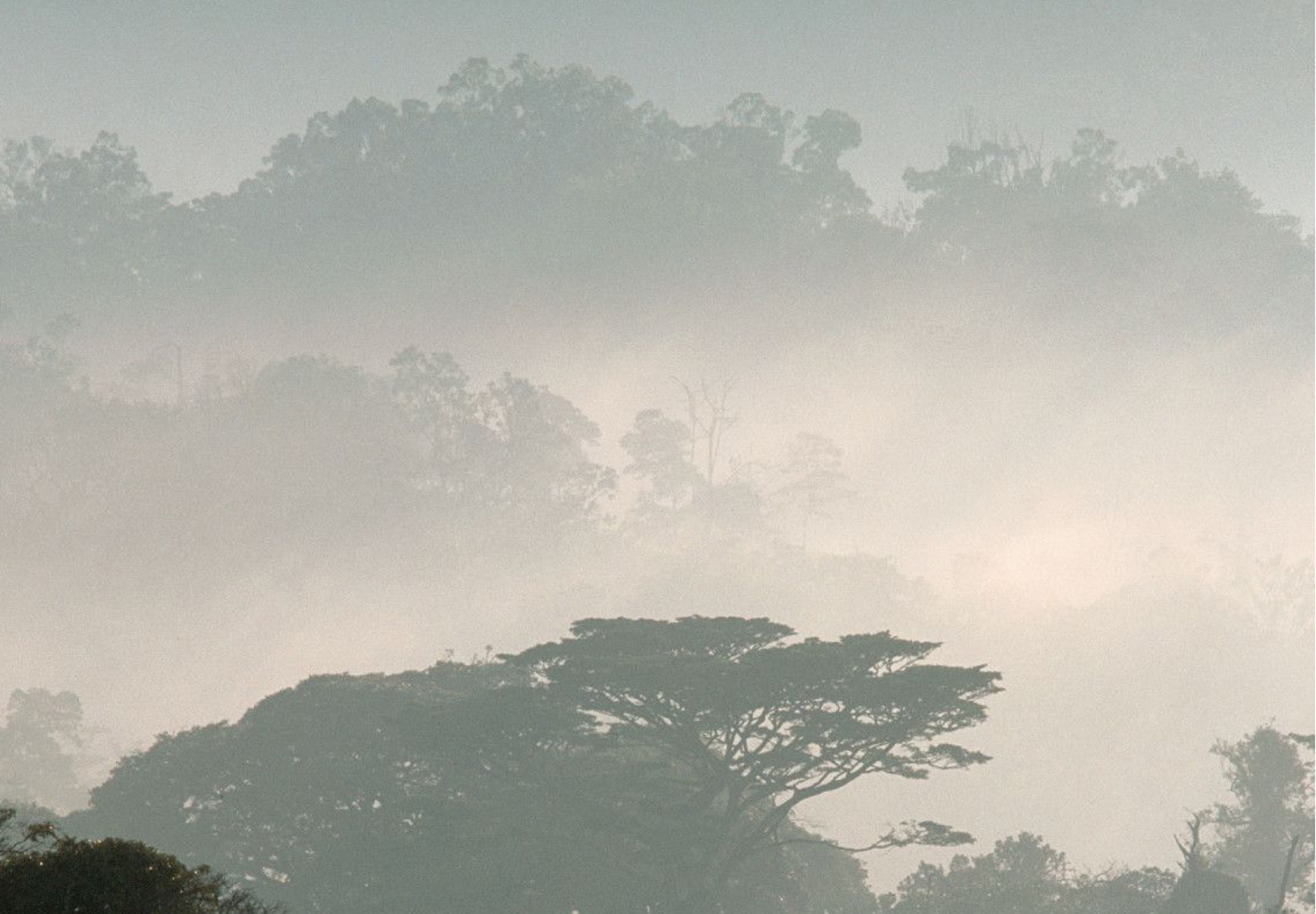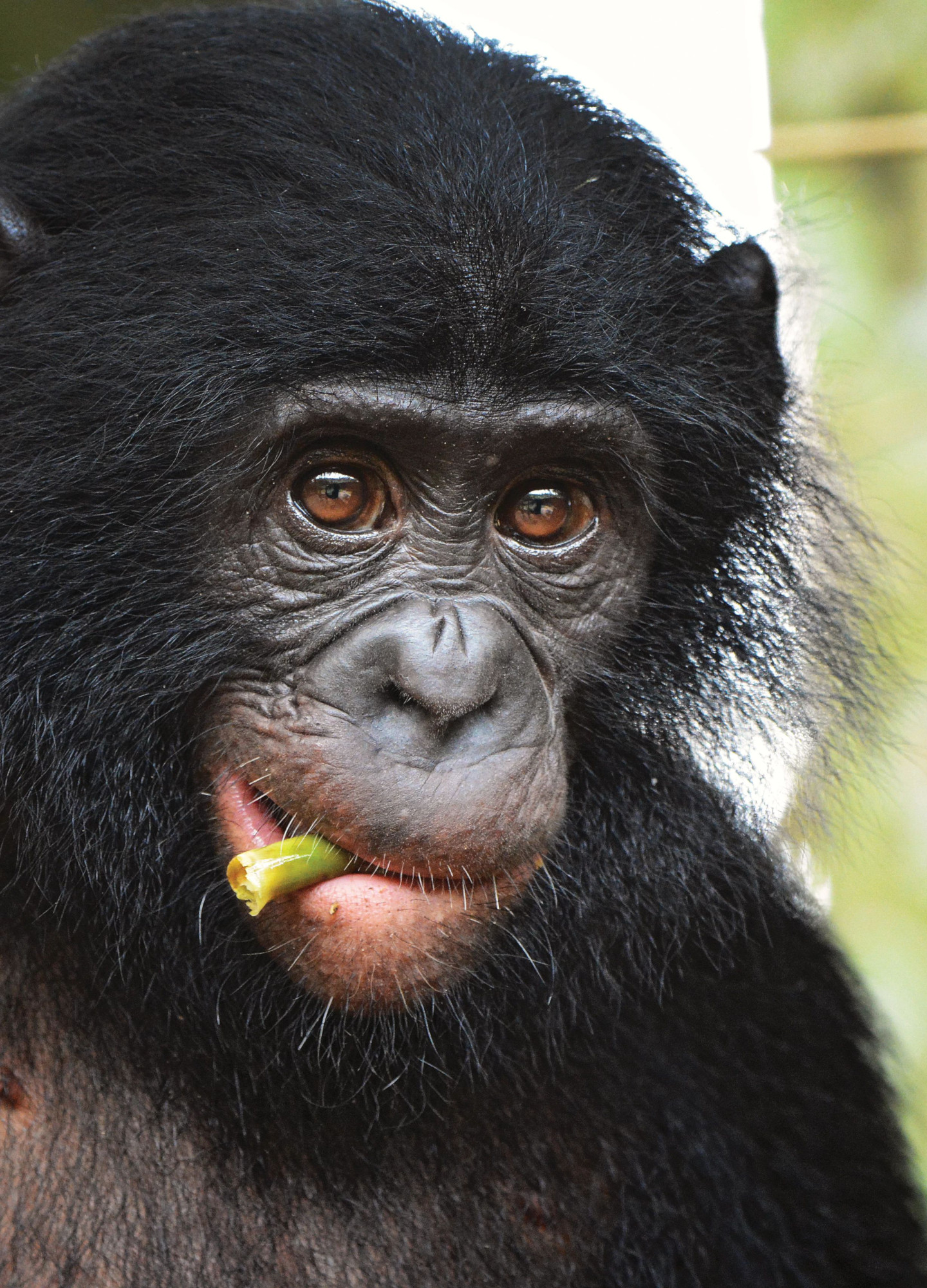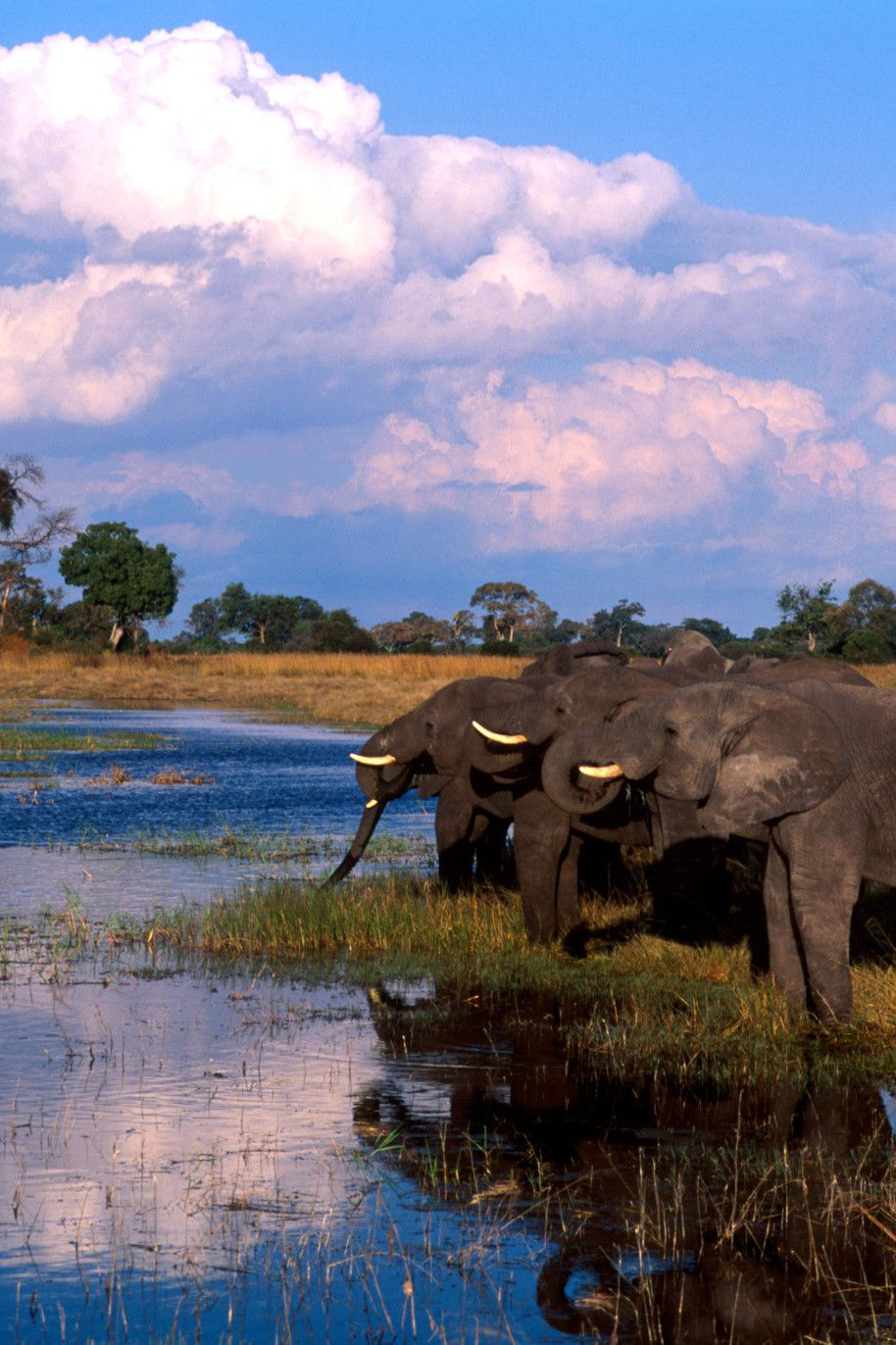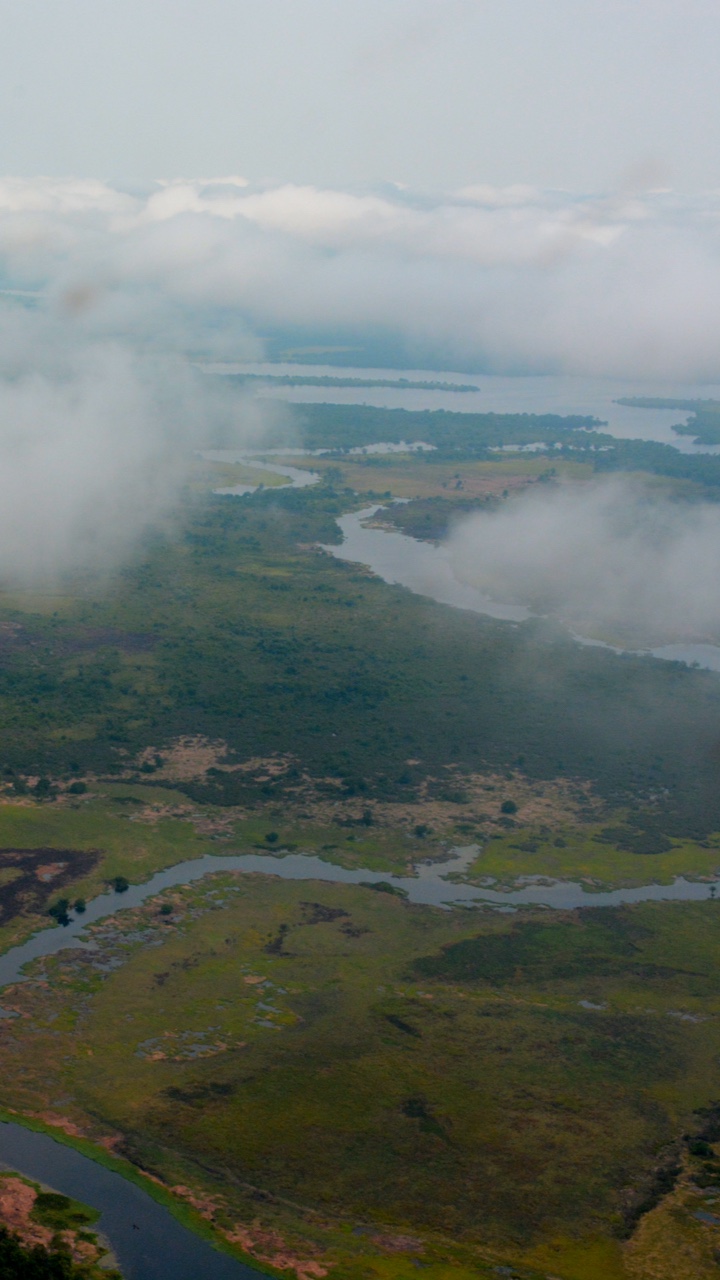Bonobos are one of our closest genetic cousins – but humans are their top predators. Found only in the lush swamps of the Congo Basin rainforest, bonobo populations are quickly declining due to habitat loss and illegal bushmeat hunting.
Bonobos play a necessary role in forest regeneration through their mostly fruit, flower, and seed diet. Slow to reproduce, restoring their population is even more difficult. Every bonobo birth is a cause for celebration.
“The mother [bonobo] was so caring that I literally had tears in my eyes seeing her nurture the infant bonobo”
– Epoko Loyenga Son
Eco-guard working in the Iyondji Community Bonobo Reserve
In the Congo Basin rainforest, we’ve established two community reserves – Lomako-Yokokala Faunal Reserve and Iyondji Community Bonobo Reserve – where bonobos can thrive. These sites also create jobs and generate tourism income, making conservation mutually beneficial for local communities, and all of us.
Donate now